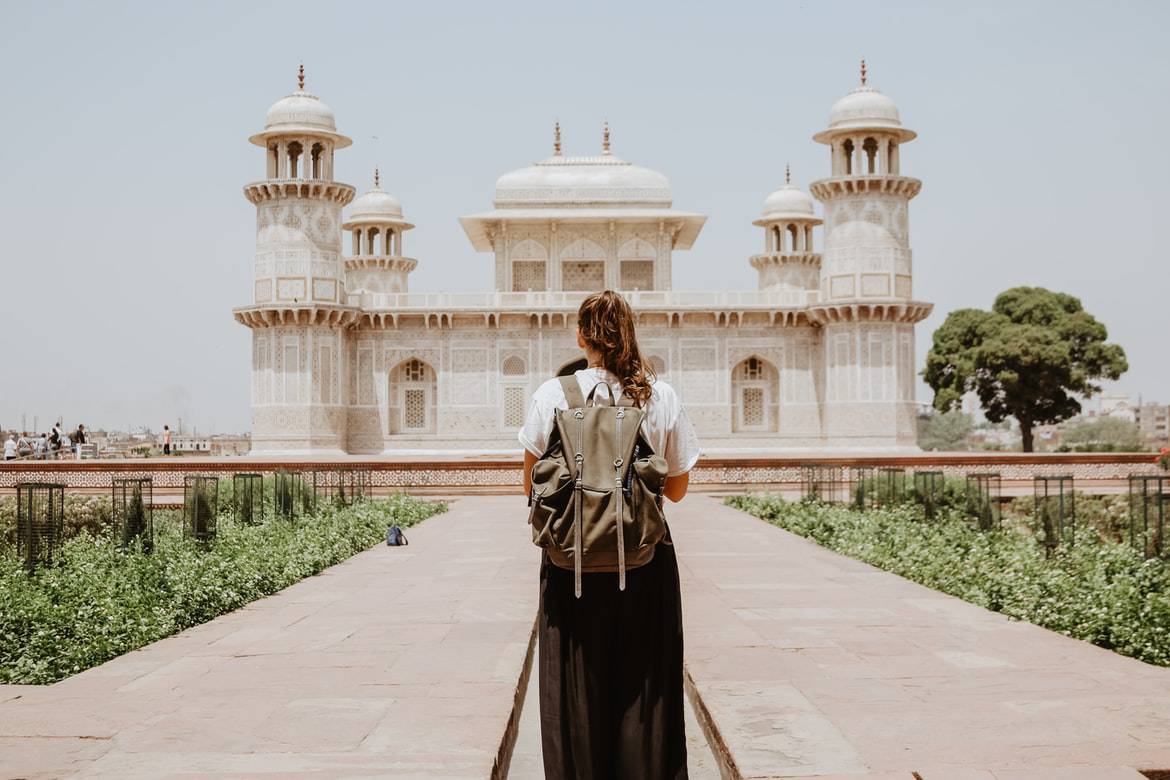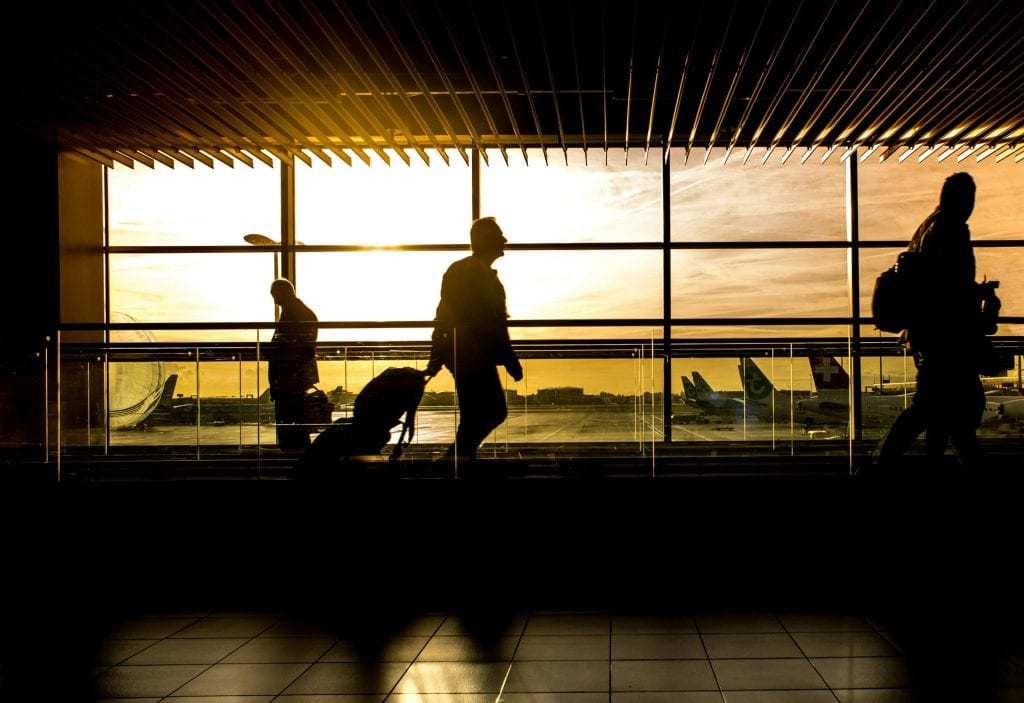Travelling is no longer easy – one needs to be informed of the quarantine regulations and lockdown levels of the countries you want to visit, and you also need to assess your own health risks.
With the worldwide implementation of vaccination passports, the travelling process will become easier and an increasing number of countries will no longer require quarantine times. A vaccination passport is a downloadable app which will contain all your information regarding vaccinations you have received and your COVID status. An airport or border control official will simply scan a QR code to get you information, in order to allow you into the country. It will also make the process easier for you since it will allow you to instantly see the requirements of each country.
Apart from vaccination passports that will be used increasingly, you can also expect the following changes regarding international travel:
- Inconsistency in price and travel seasons: As countries’ lockdown levels change with the increase in its number of COVID cases, the limited airline seats combined with a high demand could become extremely expensive. Countries might decide to only allow large numbers of tourists during certain months of the year to allow them time to stabilise the pandemic if necessary. Such seasons could result in more expensive travel costs.
- Local transport to become more popular: With numerous requirements and forms that are prerequisite by airlines, travelling by train has become an easier choice. This is especially the case in places such as Europe where there are fewer border controls when using local transport such as buses and trains.
- Your vaccine can determine your movement. Experts suggest that the type of vaccine you received could eventually play a role in the destination you are allowed to travel to. Countries could decide to only allow tourists who received vaccines from specific manufacturers.
- Travel agents will play an increasingly important role: People will be more reliant on travel agents to give them accurate information on when and where they can travel. Airline ticket insurance will also become increasingly popular and travel agents will play an important role in reducing the risks involved in traveling.
- Fewer groups, more individuals: To reduce the risk of travelling to another country and testing positive for COVID before you return, more people should travel solo instead of going in large touring parties. There is an increasing trend for families to travel and book excursions on their own, rather than doing so as part of a large group. It is safer, and it also ensures that your travel plans are not halted if other people in the group do not follow the correct procedures or if they fall ill.
Although the border status of countries can change at short notice, people from countries that are not on the red list can for instance travel to the following countries without a compulsory quarantine period:
- United Kingdom
- Jordan
- Maldives
- Dubai
- Seychelles
- Mexico
- USA
- Greece
- Iceland
- Switzerland
In most cases the countries listed above only require a medical certificate or proof of a negative COVID test taken between 72 and 96 hours before your departure. In countries such as the USA, a quarantine period of two weeks is suggested, but not compulsory.
South Africa is unfortunately still on the red list. These countries are also currently on the red list:
- Afghanistan
- Angola
- Argentina
- Bolivia
- Botswana
- Brazl
- Burundi
- Cape Verde
- Chile
- Colombia
- Congo
- Costa Rica
- Cuba
- Dominican Republic
- Ecuador
- Eritrea
- Eswatini
- Ethiopia
- French Guiana
- Georgia
- Guiana
- Haiti
- Indonesia
- Lesotho
- Malawi
- Mayotte
- Mexico
- Mongolia
- Montenegro
- Mozambique
- Myanmar
- Namibia
- Nepal
- Panama
- Paraguay
- Peru
- Philippines
- Réunion
- Rwanda
- Seychelles
- Sierra Leone
- Somalia
- South-Africa
- Sudan
- Tanzania
- Thailand
- Tunisia
- Uganda
- Uruguay
- Venezuela
- Zambia
- Zimbabwe
Share on
Latest articles




















